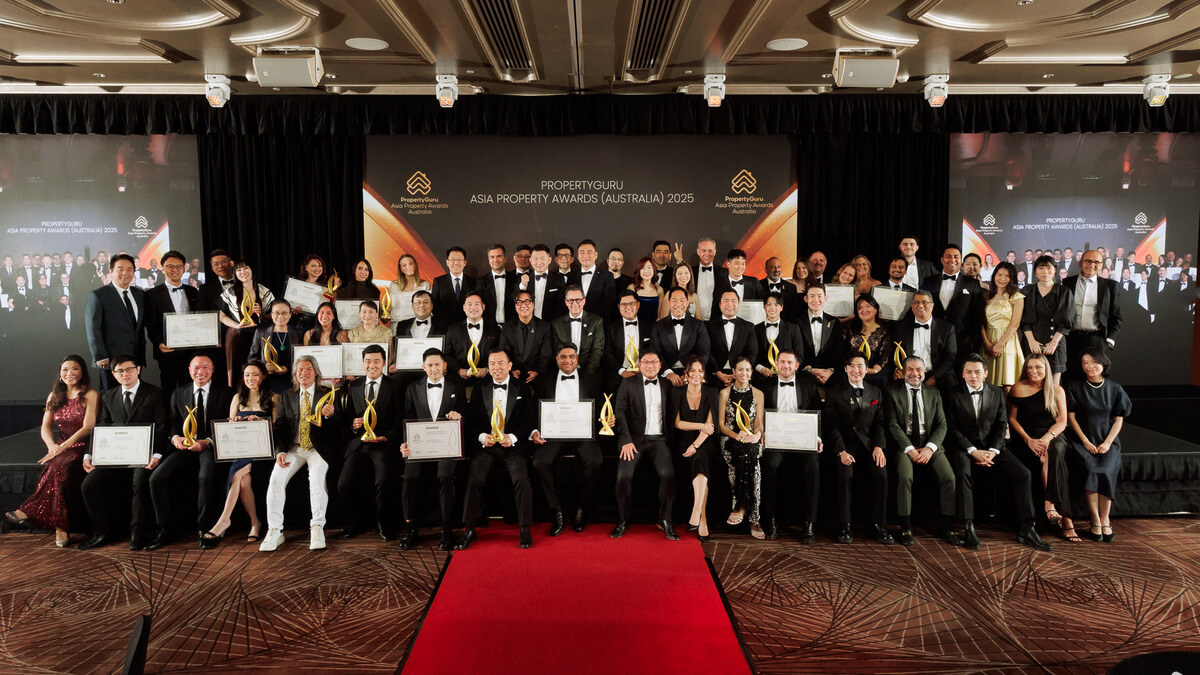- The RapidRate tool was developed by Australia's national science agency CSIRO
- The technology uses the Nationwide House Energy Rating Scheme (NatHERS) as a benchmark
- CSIRO Chief Executive said the tool aims to help improve the energy efficiency of homes
New artificial intelligence (AI) technology that assesses the energy efficiency of homes is being trialled in homes across Australia, in a joint project from CSIRO and CoreLogic.
The tool, RapidRate, has been developed by Australia’s national science agency CSIRO. It utilises artificial intelligence techniques to rapidly evaluate the energy efficiency of a residence using relatively few inputs.
Using the Nationwide House Energy Rating Scheme (NatHERS) as a benchmark, RapidRate produces an approximate Star Rating, along with estimates for heating and cooling energy consumption.
The project aims to help households understand their own energy efficiency and by extension help them to improve energy performance and lower power bills.
The inputs that RapidRate takes into account during its evaluation process include the type of dwelling (house or apartment), the floor area, external wall area according to orientation, window area by orientation (which includes double-glazed area), the primary wall, floor, and roof materials (as well as the level of insulation), and the postcode of the residence.
CSIRO Chief Executive, Dr Larry Marshall, said the newly developed AI system is in line with the agency’s efforts to help Australians reach their goal of achieving net zero emissions by 2050.
“Improving the energy efficiency of homes right around the country can reduce emissions and translate to longer-term energy and cost savings on their energy bills,” Dr Marshall said.
“Achieving net zero emissions by 2050 is one of Australia’s greatest challenges, but collaborative science and technology holds the key to creating solutions that will get us there.”
Larry Marshall, CSIRO Chief Executive
Initially, the insights generated by RapidRate from CSIRO will be accessible to CoreLogic’s core banking and finance clientele. However, there are future plans to extend its availability to other market segments.
According to Lisa Claes, the Chief Executive Officer of CoreLogic International, this revolutionary system has the potential to provide numerous economic, climate, and societal benefits.
Claes also emphasised the urgent need to address the gaps in knowledge regarding the energy efficiency of existing properties. She believes that filling these gaps will lead to the creation of more efficient, sustainable, and comfortable housing that is cost-effective to maintain.
“It is a thrill to be at the vanguard of revolutionising energy efficiency with Australia’s national science agency, CSIRO, to use innovative technology and data, to develop a solution for one of this generation’s greatest challenges,” she said.
“Combining our considerable breadth and depth of knowledge and respective industry expertise gives us the power and the privilege to make a real and significant difference towards improving energy efficiency performance across the entire residential sector.”








